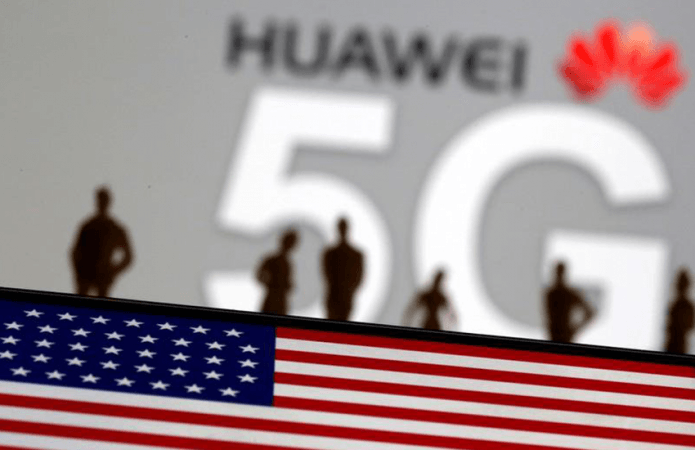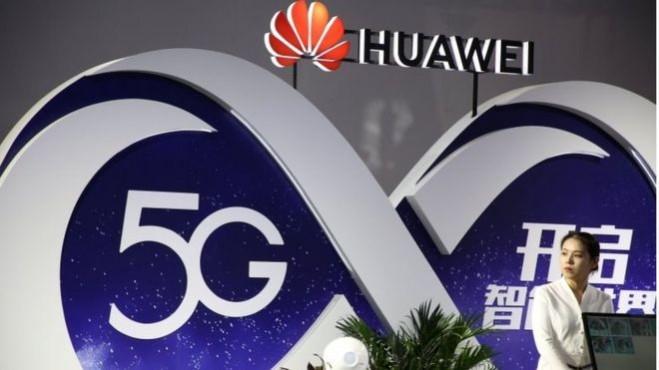New government regulations in the United States caused Google to cut ties with Huawei and create a ruckus over the future of 5G technology. In a move to give people time to find viable alternatives, the U.S. Department of Commerce has now allowed Huawei Technologies Co. Ltd. to operate on a temporary license. The 90-day trade license will allow the Chinese firm to purchase American products for their manufacturing needs.
This will also give time for telecommunications operators to switch from Huawei products to suitable alternatives. Huawei will not be able to release new products in America during this time but are free to update current ones.
Google has decided to reverse its previous decision of stopping updates and will work with Huawei during this period. "Keeping phones up to date and secure is in everyone's best interests and this temporary license allows us to continue to provide software updates and security patches to existing models for the next 90 days," said a Google spokesperson. It is not clear whether the status quo will change when the temporary license expires.
The move has been downplayed by Huawei's founder, Ren Zhengfei. He says that the extension will not make much of an impact on Huawei as they were already prepared to deal with the U.S. ban. Huawei reportedly has enough stock to last at least three months. According to Ren, the trade restrictions will not affect the 5G rollout either.
He told China's state media today that the U.S. government is "underestimating Huawei's capabilities." Huawei is the biggest manufacturer of telecommunications equipment and the second-biggest smartphone maker in the world. It contributes to about 0.2% of the Chinese GDP, according to Capital Economics.

The ban imposed on the firm will mean that network towers, routers and other equipment will be removed from the U.S. infrastructure. Beijing has avoided escalation of diplomatic tension, partially to keep the American business. The current scenario with Huawei may change that, according to industry experts.
Ren has acknowledged that the U.S. companies are persuading the government to allow trade. "As far as I know, U.S. companies have been making efforts to persuade the US government to let them cooperate with Huawei," he says. "We always need US-developed chipsets, and we can't exclude American products with a narrow mind." Half the chips used in Huawei smartphones are American-made and the other half are Chinese.

Einar Tangen, a political analyst told Al Jazeera that this trade war could have "disastrous consequences". He said, "Remember, this is an over $350bn-a-year market where U.S. companies are selling China and that could have disastrous consequences for American businesses, especially down the profit lines."
The spat has also pulled in Canadian officials after the detention of Huawei's Chief Financial Officer, Meng Wanzhou, who is also Ren's daughter. Meng was detained in December following allegations of trade sanction violations.
The U.S. Department of Commerce added Huawei to the 'entity list' on May 16, alleging bank fraud, embargo violations and trade sanction violations by the firm. The Department is considering a further extension of the trade license.

















